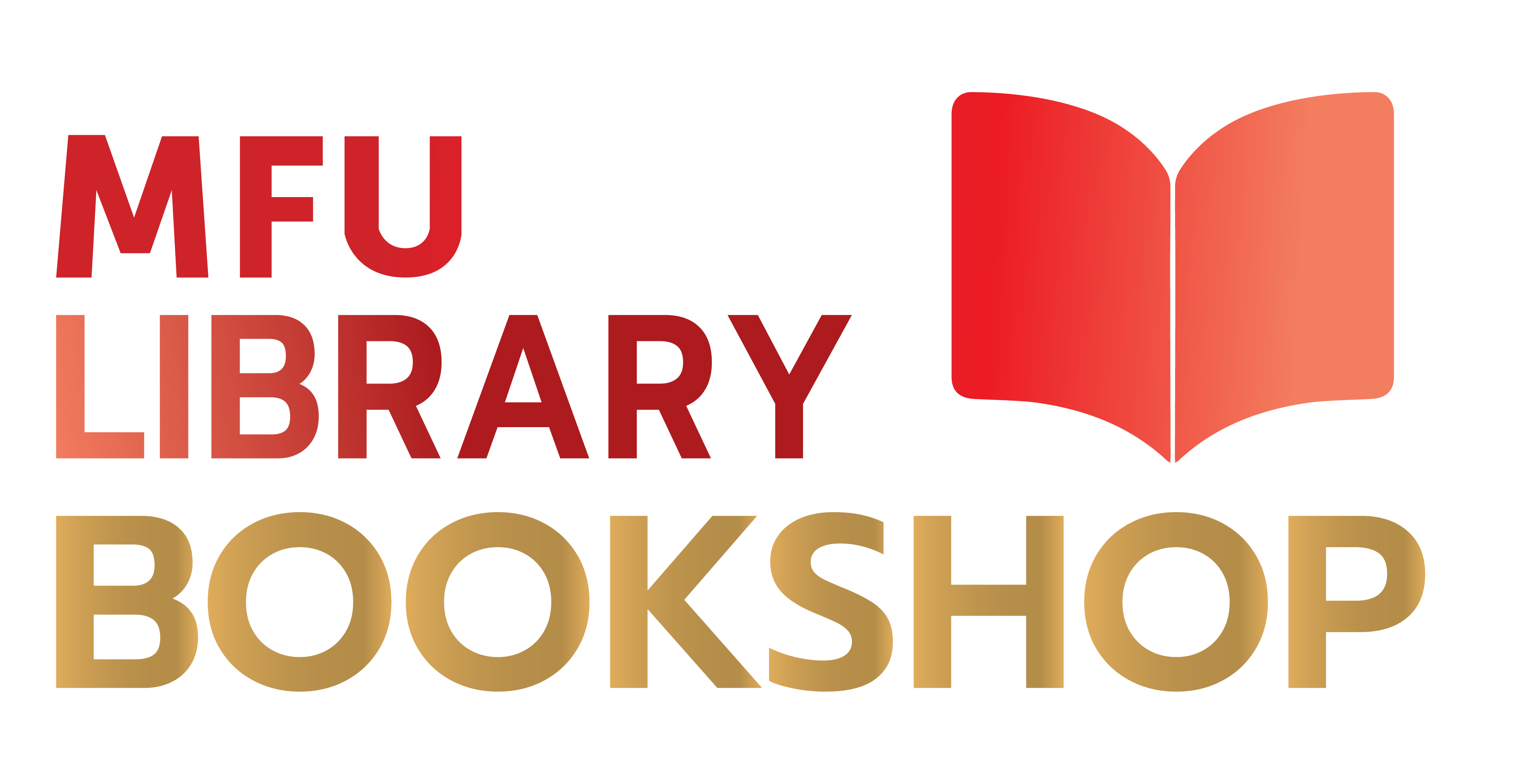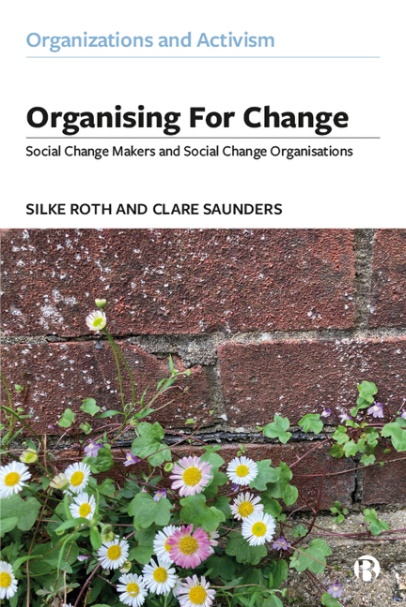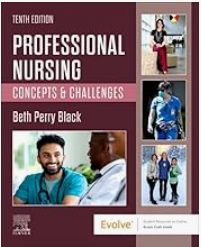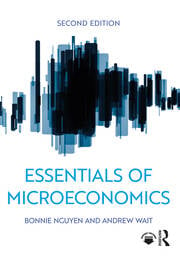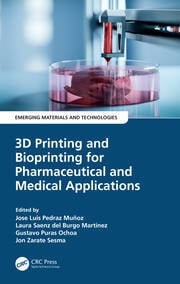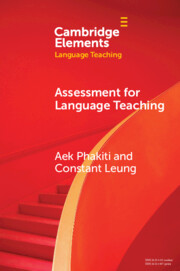
Book
Critical Sociolinguistic Research Methods
ISBN : 9781032495262
Author : Monica Heller
Publisher : Routledge
Year : 2024
Language : English
Type : Book
Description : Critical Sociolinguistic Research Methods is a guide to conducting concrete ethnographic and discourse analytic research projects, written by top scholars for students and researchers in social science fields. Adopting a critical perspective focusing on the role of language in the construction of social difference and social inequality, the authors walk the reader through five key moments in the life of a research project: composing research questions, designing the project, doing fieldwork, performing data analysis and writing academic texts or otherwise engaging in conversation with different types of social actors about the project. These moments are illustrated by colour-coded examples from the authors’ experiences that help researchers and students follow the sequential stages of a project. Now in its second edition, this popular and original text has been revised and updated to reflect the latest developments in this field, including expanded sections on the centrality of the ethnographic gaze for the understanding of social processes, and on experiences of diversification in the communication of research results. Through the adoption of multimodal genres, authors share recent experiences of research presentations addressed to non-academic audiences, such as installations and photography, and interactive maps. Clear and highly applicable, with a detailed workbook full of practical tips and examples, this book is a great resource for graduate-level qualitative methods courses in linguistics and anthropology, as well as methods courses in the humanities and social sciences that focus on the role of language in research. It is a timely text for investigating language issues that matter and have consequences for people’s lives.
